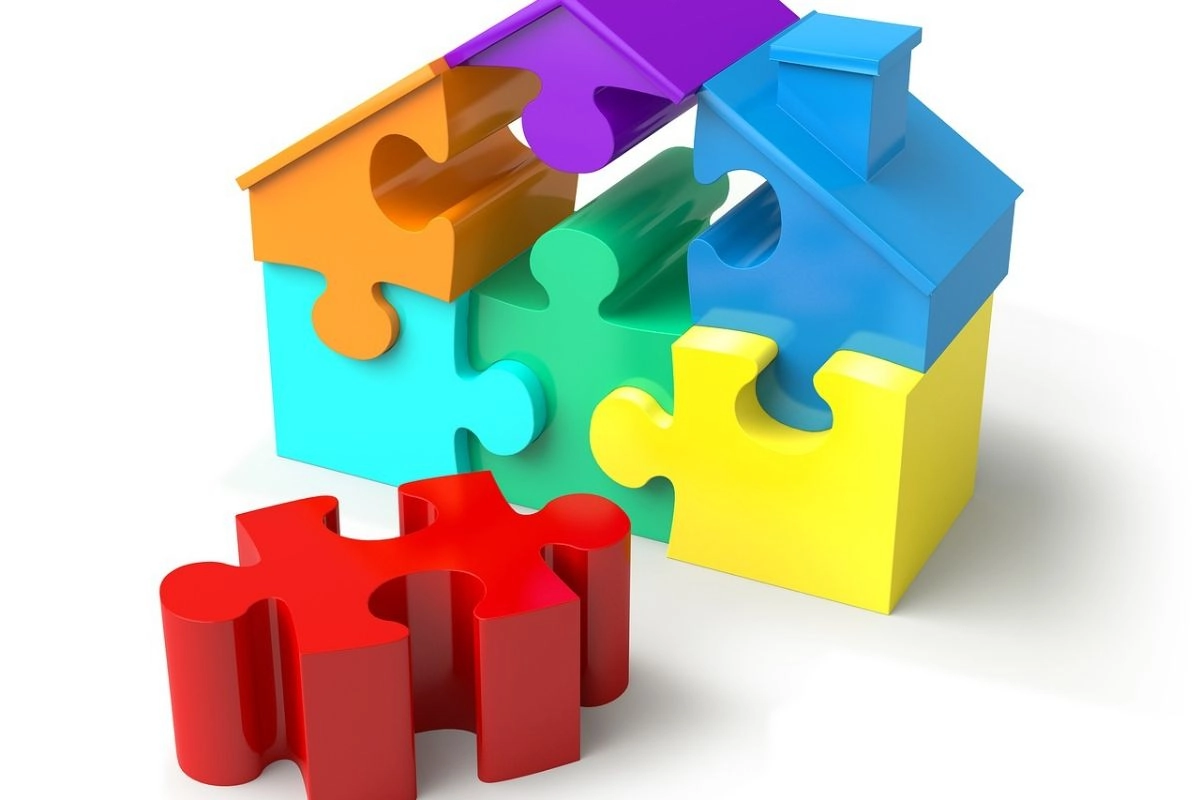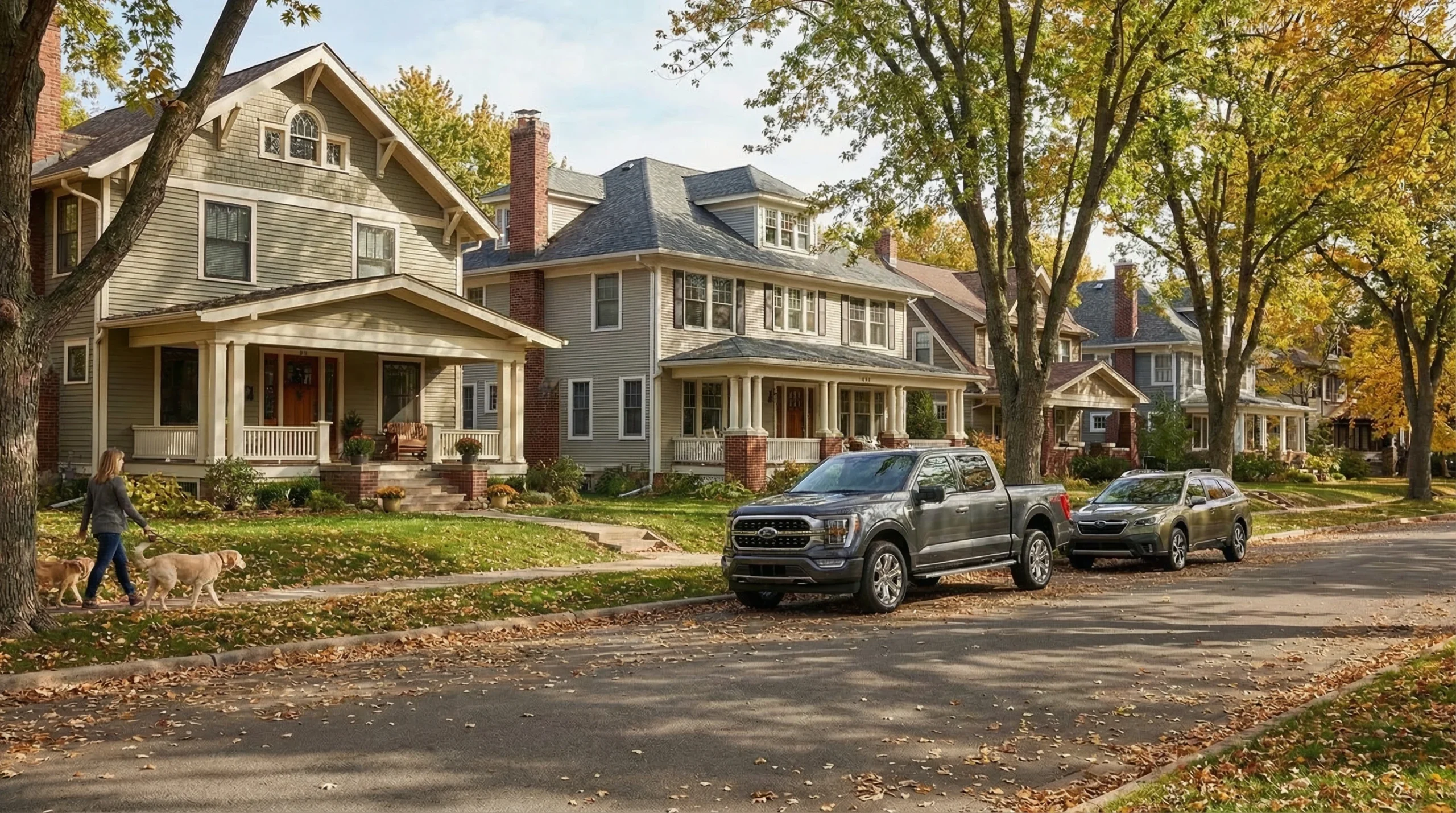For many individuals, owning a home is a lifelong dream. However, the thought of navigating the complex world of mortgages can be overwhelming. Understanding how mortgages work is crucial to making informed decisions and achieving your homeownership goals. In this comprehensive guide, we will delve into the intricacies of mortgages, simplifying the process, and equipping you with the knowledge needed to navigate the world of home financing.
What is a Mortgage?
A mortgage is a loan specifically designed for purchasing real estate. It serves as a financial agreement between a borrower and a lender, typically a bank or a financial institution. The borrower receives a lump sum of money, known as the principal, to buy a property and, in return, agrees to repay the loan, plus interest, in regular installments over a specified period. The property itself acts as collateral, providing security to the lender in case of default.
Types of Mortgages
There are various types of mortgages available, each offering unique terms and conditions. Let’s explore some of the most common ones:
1. Fixed-Rate Mortgage: This is the most popular mortgage type, offering a stable interest rate throughout the loan term. With a fixed-rate mortgage, your monthly payment remains constant, providing predictability and ease of budgeting. Conventional loans are the most popular option for buyers.
2. Adjustable-Rate Mortgage (ARM): An ARM features an interest rate that fluctuates over time, usually starting with a fixed rate for an initial period, then adjusting periodically according to market conditions. ARMs can be advantageous if you plan to sell or refinance before the adjustment period, but they come with some inherent risks.
3. Government-Backed Mortgages: These mortgages are insured by government agencies such as the Federal Housing Administration (FHA) or the Department of Veterans Affairs (VA). Government-backed mortgages offer more relaxed credit requirements and low down payment options, making homeownership more accessible to certain demographics.
The Mortgage Process
To obtain a mortgage, you must navigate a step-by-step process. Here’s a breakdown of the key stages involved:
1. Pre-Qualification: This initial step involves gathering your financial information and submitting it to a lender. They will evaluate your income, credit score, and debt-to-income ratio to determine how much you can afford to borrow. This is the stage you will learn how mortgage work, from beginning to end.
2. Pre-Approval: Once you’ve been pre-qualified, you can seek pre-approval. This involves a more detailed analysis of your financial situation, including income & asset verification and a credit check. Pre-approval provides a clearer idea of your borrowing capacity and strengthens your position when making an offer on a property.
3. Home Search: Armed with a pre-approval, you can begin your search for a suitable property within your budget. Working with a real estate agent can be beneficial in finding a home that meets your needs and negotiating the best deal.
4. Purchase offer: Once you’ve found your dream home, it’s time to submit a purchase agreement to the seller. Your real estate agent will provide you with their professional advice and expertise when submitting your offer. You will want to be sure to use your own buyer’s agent to negotiate on your behalf.
5. Underwriting and Approval: The lender will thoroughly review your application, assessing your creditworthiness, employment history, and property valuation. This process is known as underwriting. If all requirements are met, the lender will approve your loan, and you can move forward with the closing process.
6. Closing and Repayment: At the closing, you’ll sign the necessary legal documents, pay closing costs, and receive the keys to your new home. From this point forward, you’ll make monthly mortgage payments as outlined in your loan agreement.
Conclusion
Understanding how mortgages work is fundamental to embarking on a successful homeownership journey. By grasping the intricacies of mortgage types, the application process, and repayment obligations, you can make informed decisions that align with your financial goals. Remember to seek professional guidance from mortgage lenders and real estate experts to ensure a smooth and enjoyable home-buying experience. With this knowledge, you can confidently navigate the world of mortgages, making your dream of owning a home a reality.




